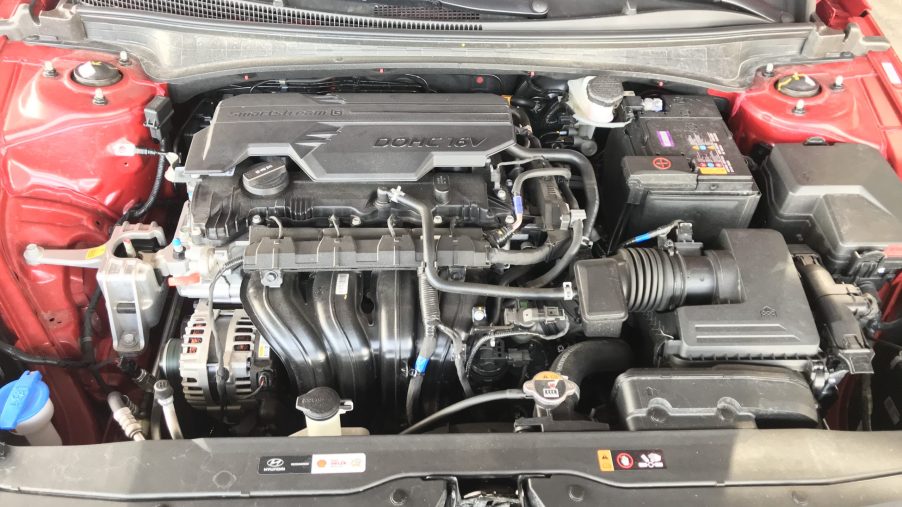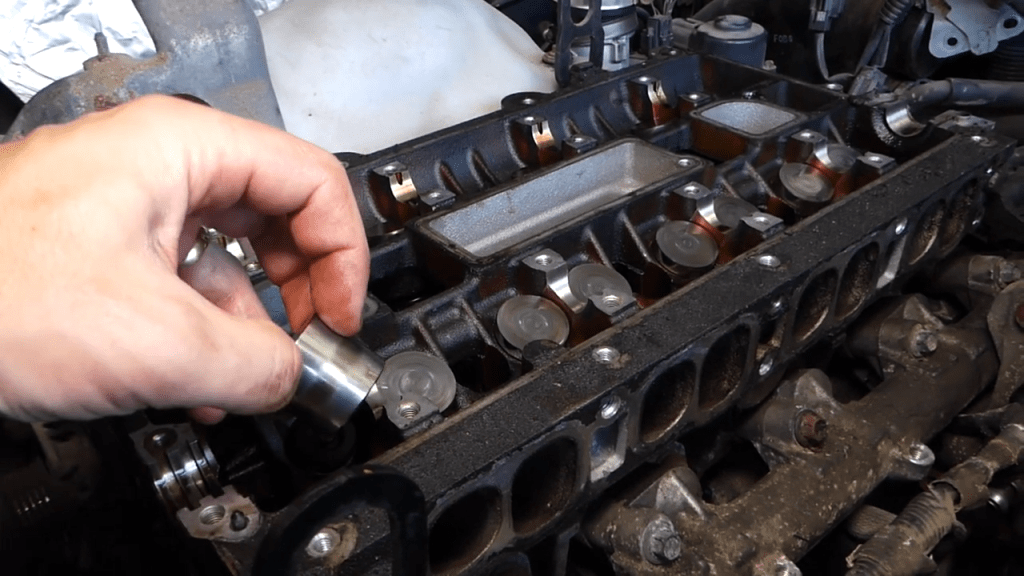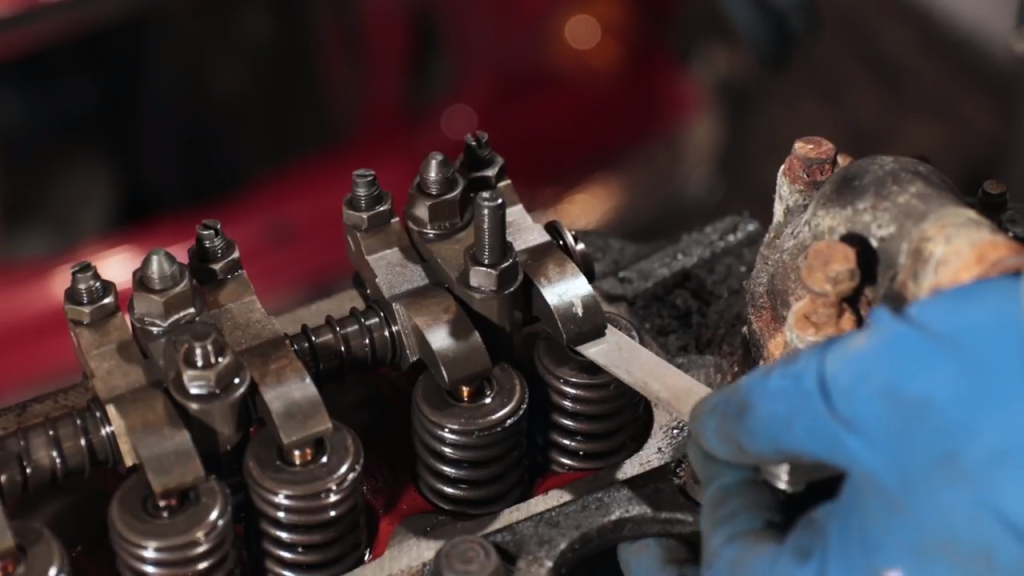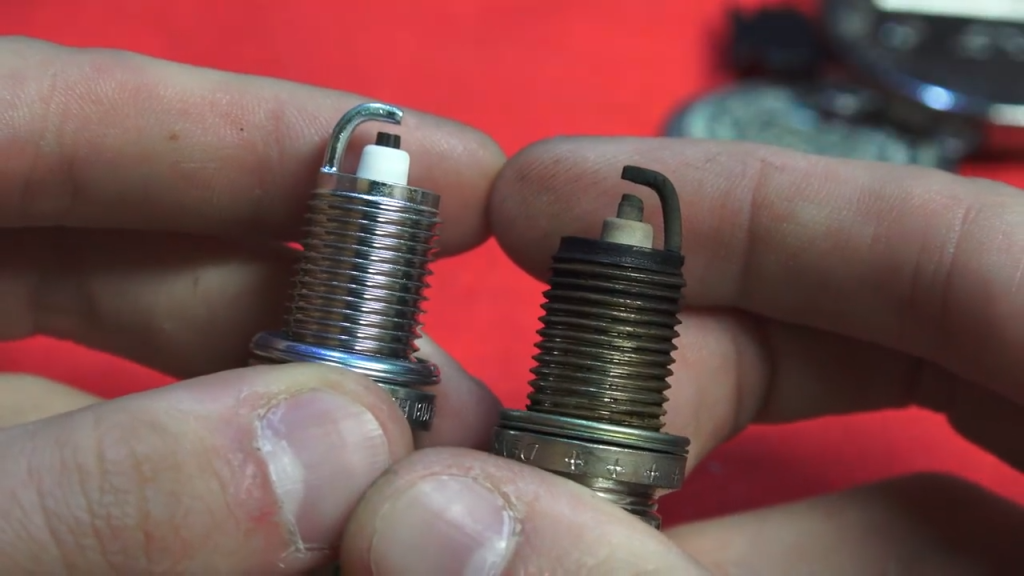
Is Your Car’s Engine Ticking? Here are 5 Reasons Why
Tick, tick, tick… Is that an all-too-familiar noise that you hear whenever you drive your car? Do you turn up the radio while in order to drown it out? If your car is making this annoying noise, then you might want to think twice about ignoring it. Here are five potential reasons that your car is making an ominous ticking noise.
The engine could be ticking due to a low engine oil level
Most of the time, the ticking noise that you hear will be present when the car is either idling or upon acceleration. In either case, Oards notes that the first place you should check in the car’s engine bay is the oil dipstick. More specifically, check to see if the oil level is low.
If you’re not sure how to read an oil dipstick, then you mainly need to know that there is a “maximum fill level” and a “minimum fill level” on every dipstick. If the oil level is below the minimum fill level, then the engine oil level is about a quart low or even lower, which could cause a ticking noise as some of the engine components might be starved for lubrication.
It might be the lifters
The engine’s cylinder head uses a series of lifters to open and close the valves. These lifters can get worn out over time, which inevitably causes a metal-on-metal ticking noise at idle and upon acceleration. Regular oil changes should be able to mitigate the sound; however, in some cases, you may need to get the lifters replaced by a mechanic.

Misadjusted valves can cause ticking
If you’ve ruled out that it’s not the lifters that are causing the ticking and the engine’s oil level is OK, then it could be misadjusted valves. The engine’s intake and exhaust valves are what let air in and out of the engine’s combustion chambers. Many vehicles, especially those with higher mileage, need their valves checked periodically to ensure they are aligned.

Damaged or worn-out spark plugs
When was the last time you changed the spark plugs in your car’s engine? Don’t worry if you can’t remember, considering they typically need to be replaced every 100,000 miles, depending on the vehicle. But if you have a high-mileage car and hear a ticking noise, then damaged or old spark plugs could be the case. More specifically, if a spark plug is not seated correctly, this can lead to a bypass of exhaust gasses and make the engine tick.

Worn-out drive pulleys could cause ticking
Lastly, if none of the other potential culprits seem to be the case, then the engine’s drive pulleys are worth checking out. These pulleys use bearings in order to spin, kind of like the wheels on a skateboard, and over time, the bearing tends to wear out.
When they wear out, they can cause an annoying ticking noise at idle and under acceleration. If they are indeed worn out, then we suggest taking your car to a qualified mechanic to replace the bearings on the pulleys.
Some ticking noises are normal
While the aforementioned issues could easily lead to a ticking noise in your engine, there are some engine functions where it’s normal to hear a ticking noise. According to the Oard, the following engine functions can emit a “normal” ticking noise:
- Purge valve: An engine’s purge valve releases stored gasses into the engine’s intake system, where they are burnt up. This function can emit a normal ticking noise.
- PCV valve: Changing your car’s PCV valve occasionally is recommended. Old PCV valves can emit a ticking noise.
- Fuel injectors: If you listen closely to your car’s fuel injectors, you can usually hear a ticking noise. That’s completely normal.
If you have ruled out all of the culprits and your car’s engine is still ticking, then we suggest getting it checked out by a qualified mechanic, as they will be able to track it down quicker.



